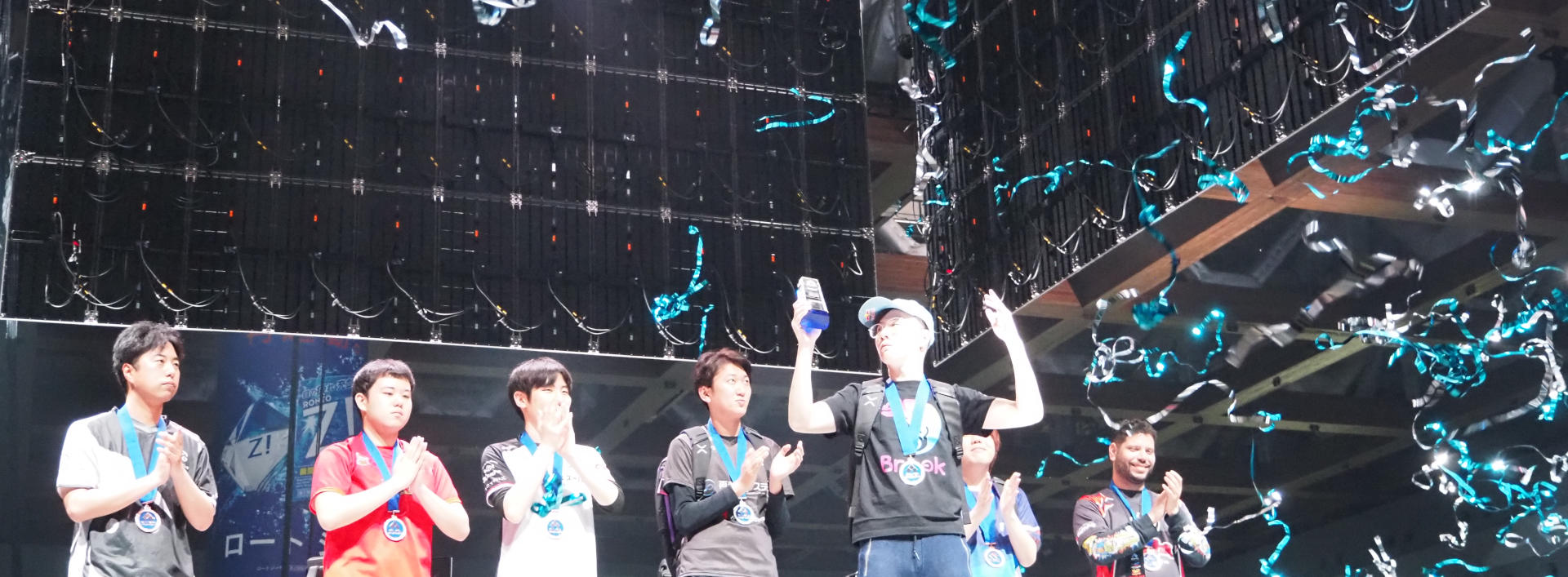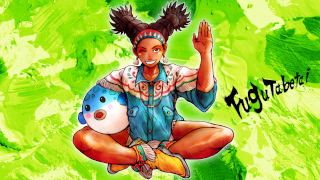This is a post that I’ve been waiting to make for a long time. Every weekend, I spend about one or two hours reading Murakami Haruki’s “Kafka by the Sea” (村上春樹「海辺のカフカ」). I have been doing this for the past year, and finally today I finished the first book. Japanese books are often sold in two parts, so now I’ll move onto the second and final part of this book. I expect it will still take another year for me to finish, unless I start trying to read it a bit on weekdays as well, but to be honest it is a bit difficult to read because I need to sit down somewhere with enough room to take notes in a notebook, and look words up in a dictionary.
This is the second novel that I’ve read in Japanese, and much more interesting than the first one, Keritai Senaka, by Risa Wataya, in which nothing much happened. I’m not going to write a review of Kafka by the Sea right now, since I’m only halfway through, but I enjoy it a lot so far. It has elements of fantasy and wonder that I usually really enjoy in Murakami’s work. I’ve started reading a bit faster as time goes on, mostly because the story is getting interesting (and perhaps I’m remembering more words.)
What I would like to write about is the vocabulary with which I had trouble. I sat and wrote the words I didn’t know in a little notebook, and then entered them into a simple text file when I finished each reading session. I also added little notes summarizing what when on (I didn’t start doing that until later though, so it isn’t a complete description of the first book.) These words aren’t the only ones that I didn’t know, just the ones that I wrote down – there are probably 10 words or so that I just skipped entirely because I was reading on the subway and didn’t want to drag out my notebook, or something like that.
There were a total of 877 words that I wrote down in my notebook. Out of a 486 page book, that means there are about two words per page that I don’t know on average, but the distribution is really not nearly that even. Of those 877 words, 103 of them showed up more than once. That means that of those 877 words, I couldn’t remember about 11 percent of them. One of them in particular is embarrassing: I didn’t know the word for “sentence”, which makes no sense because I use that word all the time. I attribute it to the word showing up in a context that I am not expecting (literature instead of computer science stuff.)
There were two words that I wrote down four times, nine words that I wrote down three times, 79 words that I wrote down twice, and the rest occurred only once. The good news there is that at least I did seem to learn most words after writing them down twice: very few words occurred three or four times. Also, there are a lot of words here that I really don’t need to know. Murakami likes to use strange words, and he will use less-common characters for them also. I don’t think I need to know 咀嚼, soshyaku, to bite. Don’t normal people just use 噛む, kamu (to bite / chew)?
On the off chance anyone else is interested in reading this novel, I’ll put up my vocab list.


Leave a Reply